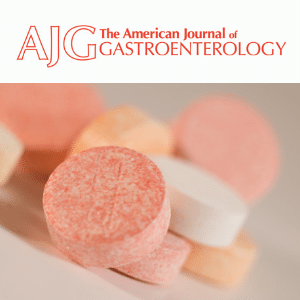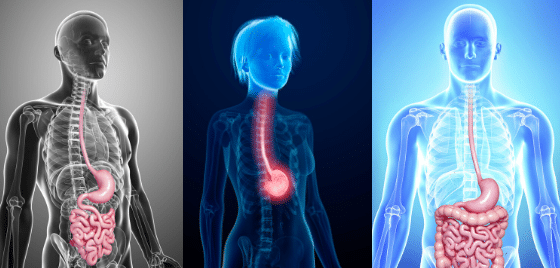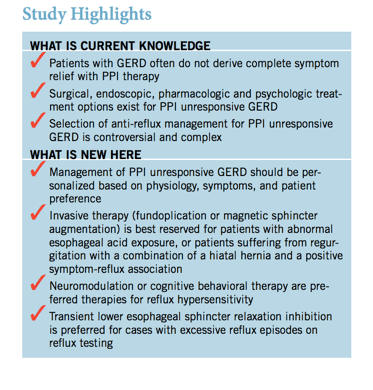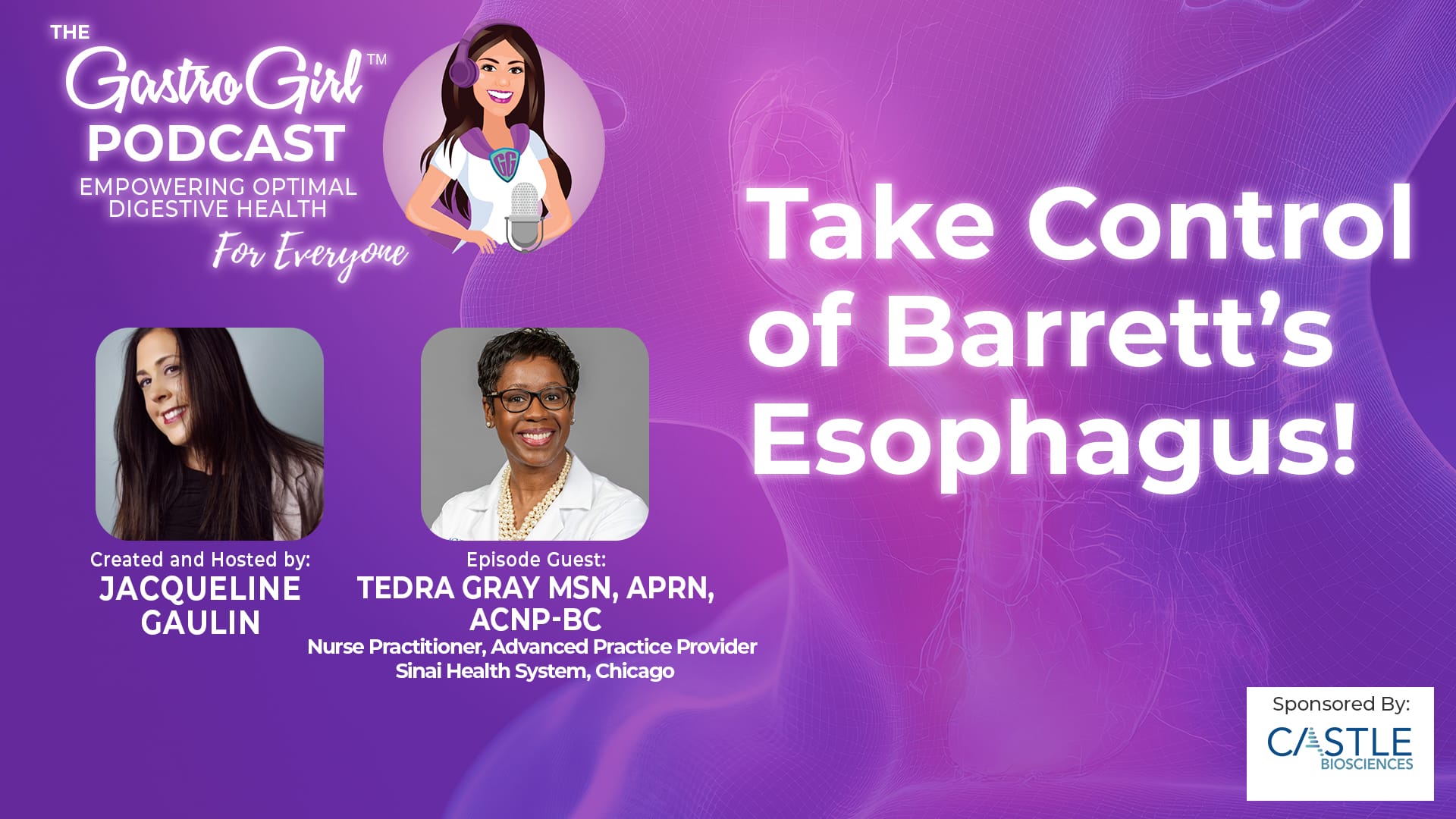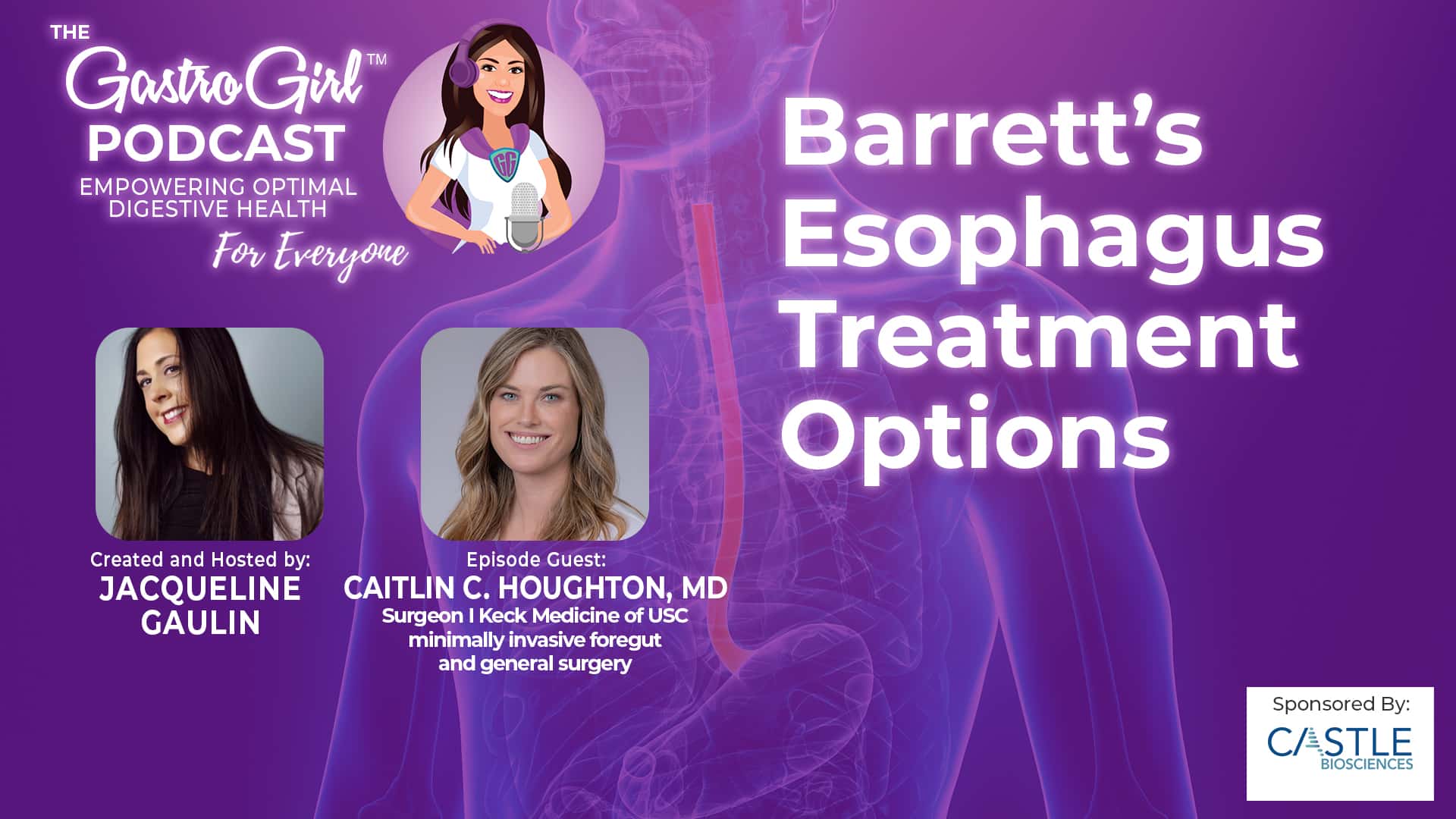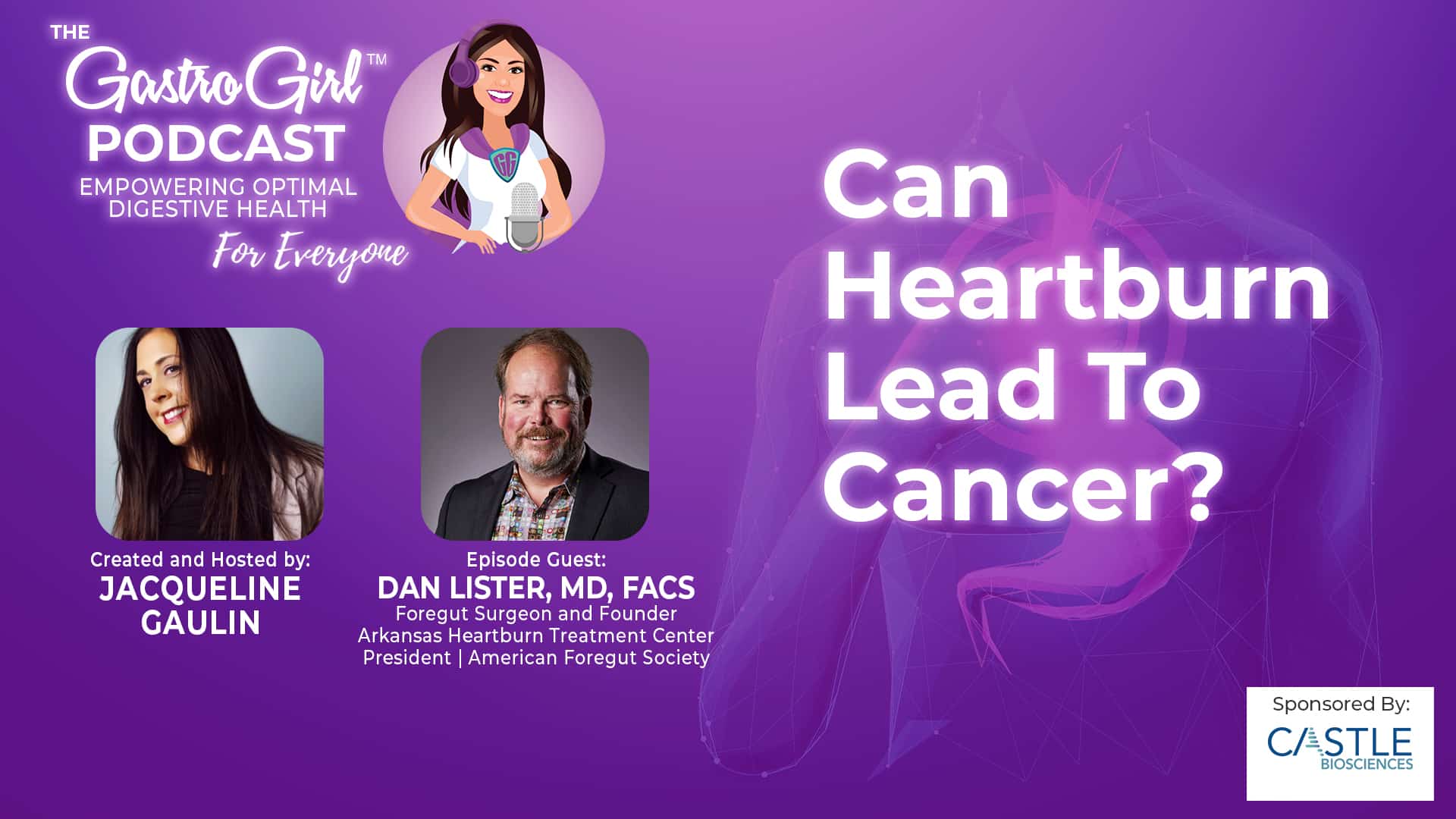
GERD

Summary
Your esophagus is the tube that carries food from your mouth to your stomach. Gastroesophageal reflux disease (GERD) happens when a muscle at the end of your esophagus does not close properly. This allows stomach contents to leak back, or reflux, into the esophagus and irritate it.
You may feel a burning in the chest or throat called heartburn. Sometimes, you can taste stomach fluid in the back of the mouth. If you have these symptoms more than twice a week, you may have GERD. You can also have GERD without having heartburn. Your symptoms could include a dry cough, asthma symptoms, or trouble swallowing.
Anyone, including infants and children, can have GERD. If not treated, it can lead to more serious health problems. In some cases, you might need medicines or surgery. However, many people can improve their symptoms by:
- Avoiding alcohol and spicy, fatty or acidic foods that trigger heartburn
- Eating smaller meals
- Not eating close to bedtime
- Losing weight if needed
- Wearing loose-fitting clothes
NIH: National Institute of Diabetes and Digestive and Kidney Diseases
Source: MedlinePlus, National Library of Medicine.
MedlinePlus brings together authoritative health information from the National Library of Medicine (NLM), the National Institutes of Health (NIH), and other government agencies and health-related organizations.
Acid Reflux (GER and GERD) in Adults
National Institute of Diabetes and Digestive and Kidney Diseases
Gastroesophageal Reflux Disease (GERD)
Mayo Foundation for Medical Education and Research
Barium Swallow
National Library of Medicine
Esophageal pH Test
National Library of Medicine
Upper GI Endoscopy
National Institute of Diabetes and Digestive and Kidney Diseases
Upper GI X-Ray
Radiological Society of North America
What Is a pH Probe Study?
North American Society for Pediatric Gastroenterology, Hepatology, and Nutrition
Antacids and Acid Reducers: OTC Relief for Heartburn and Acid Reflux
American Academy of Family Physicians
Feeling the Burn? Options for Acid Reflux
National Institutes of Health
Fundoplication
North American Society for Pediatric Gastroenterology, Hepatology, and Nutrition
Gastroesophageal reflux - series
Medical Encyclopedia
Listen to our
latest Podcast!


